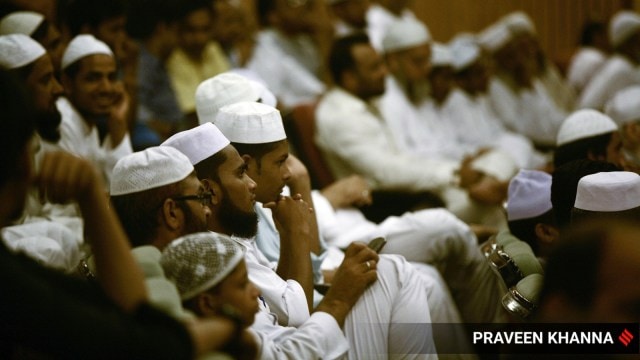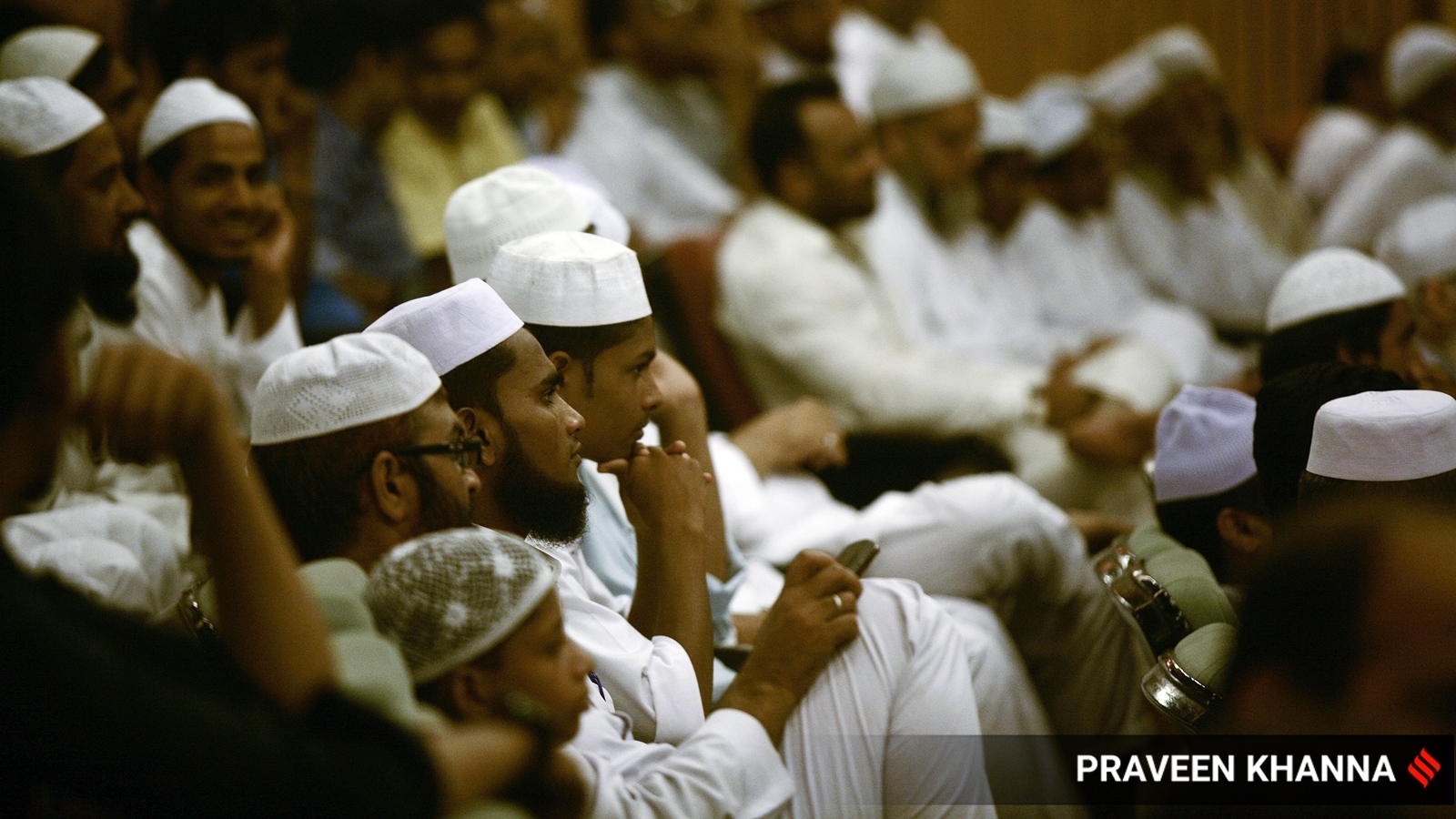
There appears to be considerable anxiety within a section of the Muslim clergy and community on the proposal to amend the law on waqfs — a preeminent institution of Muslims in which property is dedicated in perpetuity for a religious or charitable purpose. What has been rather surprising is that much of the anxiety appeared to rest on speculation, as the contents of the amendment were actually unknown till the tabling of the amendment in Parliament. Now that the Waqf Amendment Bill, 2024, has been introduced, it is important that the proposal is analysed objectively and dispassionately. On its part, the government and Parliament should proceed in a manner that allays the fears of a section of the community rather than feeds it.
To begin with, this is not the first time that the waqf law will be undergoing changes. Amendments were carried out in 1913 and 1930 while more comprehensive changes were introduced through the Waqf Act, 1995 and the Waqf (Amendment) Act, 2013. Moreover, several of the changes contemplated under the present Bill were also recommended by the Sachar Committee Report in 2006 and the Joint Parliamentary Committee Report on Waqf presented to the Rajya Sabha in March 2008. These changes included, inter alia, various measures to improve the management of waqf such as the functioning of Mutawallis (managers), digitisation of records, revamping of the composition of Waqf Boards to include other social groups, technical expertise, financial audit, etc. Therefore, the proposals to reform waqf administration have been in the works for decades. It is not a novel idea of the present Bill.
It is necessary to underline that the demand for reforms of the waqfs has also been voiced within the Muslim community. The Ministry of Minority Affairs received several grievances from Muslims on issues like encroachment and mismanagement of waqf properties. The analysis of the grievances received by the Ministry from April 2023 found that 148 complaints pertained mostly to encroachments, illegal sales of waqf land, delays in surveys and registration and complaints against waqf boards and Mutawallis. Analysis of data from the Centralised Public Grievance Redress and Monitoring System (CPGRAMS) from April 2022 to March 2023 reveals that out of 566 complaints received, 194 related to encroachment and transfer of waqf land illegally and 93 complaints were against the officials of waqf boards/Mutawallis. A glance at the functioning of tribunals reveals that 40,951 cases are pending out of which 9,942 cases are filed by Muslims against the institutions managing waqf. Moreover, there is an inordinate delay in the disposal of cases and no provision for judicial oversight provided on tribunal decisions. Over the years, parliamentarians across party lines raised issues of delay in registration of waqf properties, fetching less rent than the market value by the waqf board, rampant encroachment on waqf land, inheritance rights of widows, non-completion of surveys by survey commissioners, slow progress of digitisation of waqf property records, etc.
We should also not lose sight of the fact that the waqfs, although Muslim institutions created for charitable and pious purposes, are public institutions with enormous potential to foster socio-economic development. Hence, improvements in their administration are in national interest. India has the largest waqf holding in the world. Nationally, they are the largest landholders after Railways and Defence with approximately 8 lakh acres of land with an estimated value of about Rs 1.2 lakh crore. If put up to transparent and efficient use, these properties can generate enormous benefits for all communities.
The argument for their “public” nature finds resonance in some of the best international practices in nations such as Saudi Arabia, Egypt, Kuwait, Oman, Bangladesh and Turkey where the waqf properties are generally regulated by the laws and institutions set up by the government. In these countries, the waqf endowments are mostly public organisations engaged in charitable and pious purposes.
In light of these facts, the debate on waqf reforms should be driven by reason, objectivity and experience. Proposals which further social justice and gender equity by including broad-based representation of women, Muslim sub-groups and non-Muslims who bring technical expertise to their governance should not cause consternation to the Muslim community. Similarly, proposals for leveraging technology to usher in scientific and efficient processes to manage waqf properties will lead to improved administration. As this historical opportunity beckons, the Muslim community should not fall victim to dangerous and misinformed claims that reforms will lead to alienation and dispossession.
The writer is a nominated member of the Uttar Pradesh Legislative Council and former Vice-Chancellor, Aligarh Muslim University



